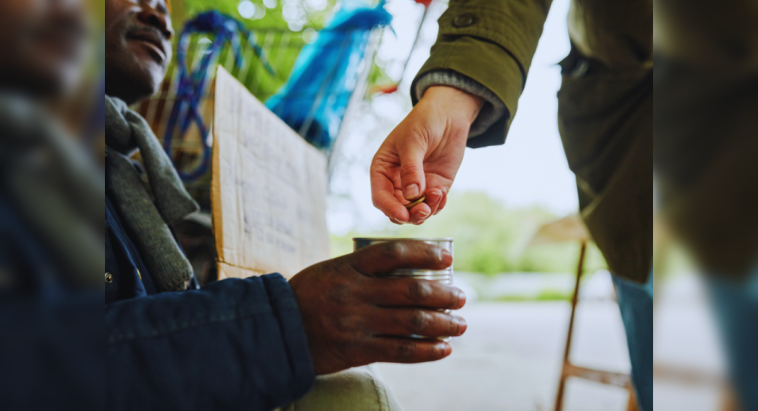In a bid to transform its streets and align with the Union government’s initiative under the SMILE (Support for Marginalized Individuals for Livelihood and Enterprise) scheme, Indore has announced a ban on giving alms to beggars starting January 1, 2025. As per the reports, the district authorities have taken decisive steps to address the socio-economic issue of begging, and position Indore as a model for other cities under the government’s Bhiksha Vriti Mukta Bharat program.
Top national parks to visit in India in December to see tigersFacebookTwitterPintrest
Reportedly, Indore’s efforts began in February 2024 with a counseling campaign for beggars and their families. Over 300 individuals were detained and sent to Ujjain’s Sevadham Ashram, where they pledged to abandon begging. The campaign also extended to de-addiction camps for individuals struggling with substance abuse. District Collector Asheesh Singh emphasized that the initiative is not merely punitive but aims to rehabilitate individuals and restore their dignity.
Read more: Snowfall in Odisha: Sundergarh and Mayurbhanj turn into stunning winter wonderlands
From September to December, awareness programs urged residents to avoid giving alms, labeling it as enabling a cycle of dependency. Singh stated that starting January 1, violators of the new regulations, including those giving money or alms to beggars, will face legal action under Section 163 of the Bharatiya Nagarik Suraksha Sanhita. This law empowers authorities to impose penalties, including a fine of ₹1,000 and a potential six-month jail term.
The SMILE schemeThe SMILE scheme provides a holistic approach to addressing begging, focusing on awareness, rehabilitation, education, skill development, and sustainable settlement. Indore’s Social Welfare Department has partnered with local organisations to provide shelter and vocational training to the affected individuals. These efforts aim to help beggars reintegrate into society as self-reliant individuals.
Read more: World’s 10 most underrated places for travel in 2025
Social Welfare Minister Narayan Singh Kushwaha highlighted the collaboration with an Indore-based organization that offers shelter for six months and helps individuals find work. The ministry reported that many detained beggars were not destitute but owned assets such as farmland and bank balances.
While the initiative has sparked hope for a cleaner, more organised Indore, it has also raised concerns about the socio-economic roots of begging. The Supreme Court, in 2021, had refused to ban begging, emphasising it was a socio-economic problem and that many people lack opportunity due to employment and education.
As Indore moves forward, it strives to balance punitive measures with compassion and sustainable rehabilitation, setting an example for cities grappling with similar challenges.





GIPHY App Key not set. Please check settings